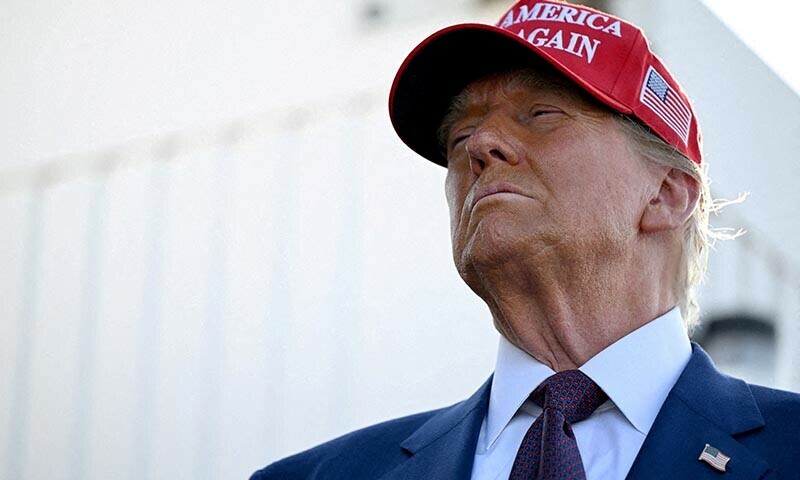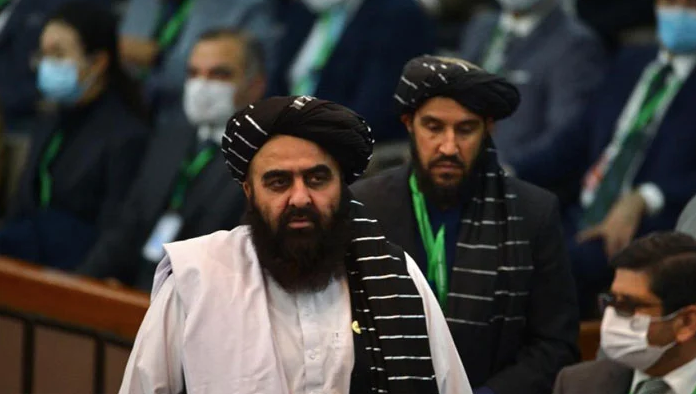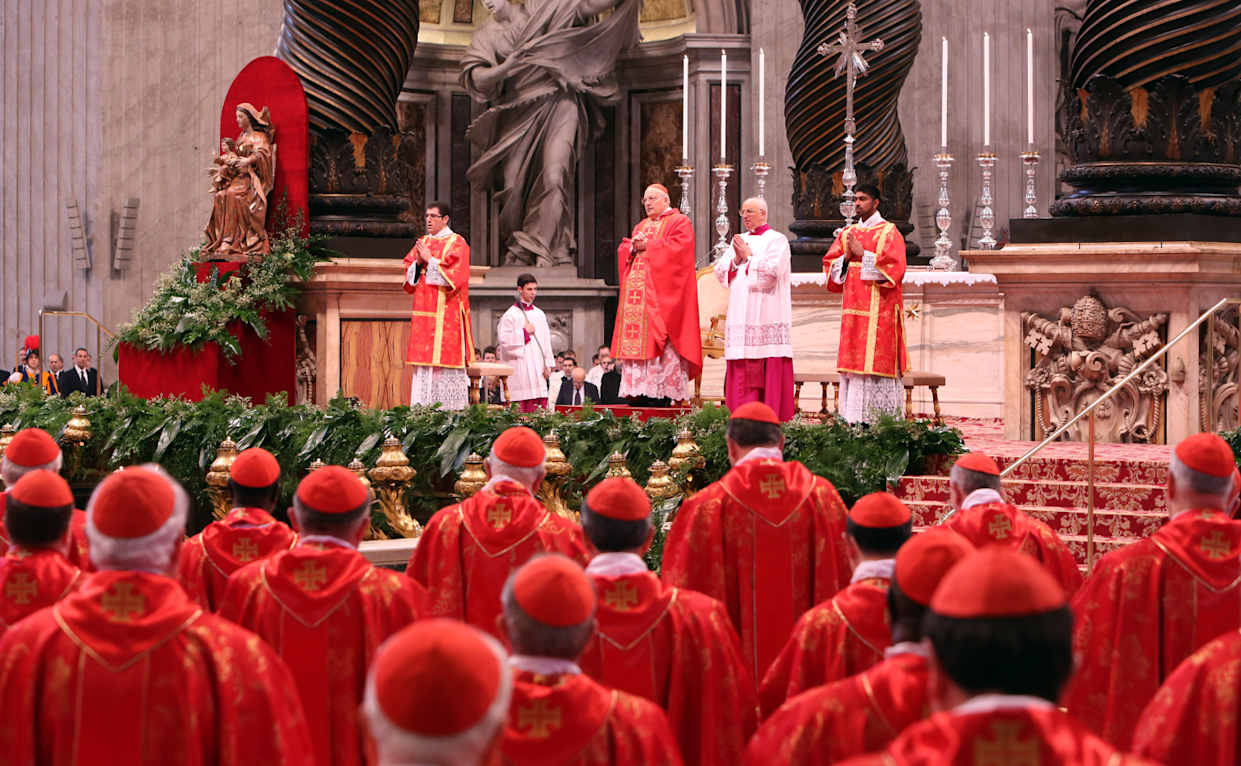WORLD NEWS

In a provocative statement that has once again sparked controversy, U.S. President-elect Donald Trump suggested on Monday that Canada should merge with the United States, just hours after Canadian Prime Minister Justin Trudeau announced his resignation.
Trump’s remarks, made on his social media platform Truth Social, were prompted by Trudeau’s resignation amid mounting dissatisfaction with his leadership and declining public support, leaving many questioning his ability to maintain power as Conservative opposition gains ground ahead of upcoming elections.
"Many people in Canada LOVE being the 51st State," Trump posted, referencing his long-standing description of Canada as the "51st state." "The United States can no longer suffer the massive trade deficits and subsidies that Canada needs to stay afloat. Justin Trudeau knew this, and resigned."
Trump further argued that a merger between the U.S. and Canada would eliminate trade barriers, reduce taxes, and bolster Canada’s security. He said, "If Canada merged with the U.S., there would be no tariffs, taxes would go way down, and they would be TOTALLY SECURE from the threat of the Russian and Chinese ships that are constantly surrounding them."
Trump's vision of a U.S.-Canada merger painted a picture of a united, stronger North American nation. "What a great nation it would be!!!" Trump continued in his post. His suggestion of merging the two countries has drawn both surprise and backlash, as it reflects his unconventional approach to foreign relations and trade.
This latest comment is not the first time Trump has raised the idea of Canada joining the U.S. During his 2016 presidential campaign, he referred to Canada as the "51st state," and throughout his tenure as president, he frequently criticized trade deficits with Canada and threatened hefty tariffs on Canadian goods.
In the wake of Trudeau’s resignation, Trump pointed to what he characterized as Canada's ongoing struggles with its trade relationship with the U.S. He also brought up the issue of illegal immigration, suggesting that the merger would ease the flow of people across borders. Notably, Trump had previously threatened a 25 percent tariff on Canadian imports unless Canada took stronger action to curb illegal drug and immigrant crossings into the U.S.
Trump’s controversial proposals often stir intense debate, and this latest comment is no exception. Critics argue that such an idea would be impossible to implement, and it raises significant political, cultural, and logistical questions about the future of Canada as an independent nation.
While Trudeau's resignation has left Canada in a state of uncertainty, Trump’s vision of a U.S.-Canada union is likely to be met with skepticism and resistance, particularly from those who value Canada’s sovereignty and distinct identity on the global stage.




